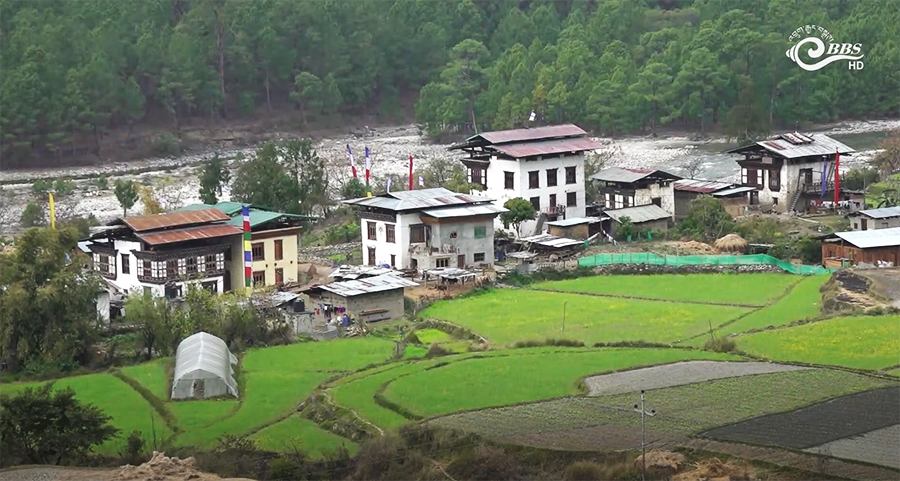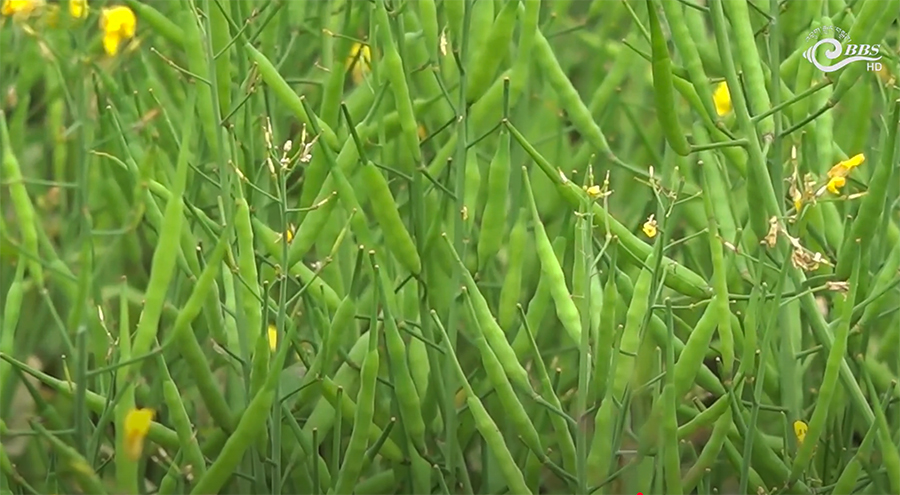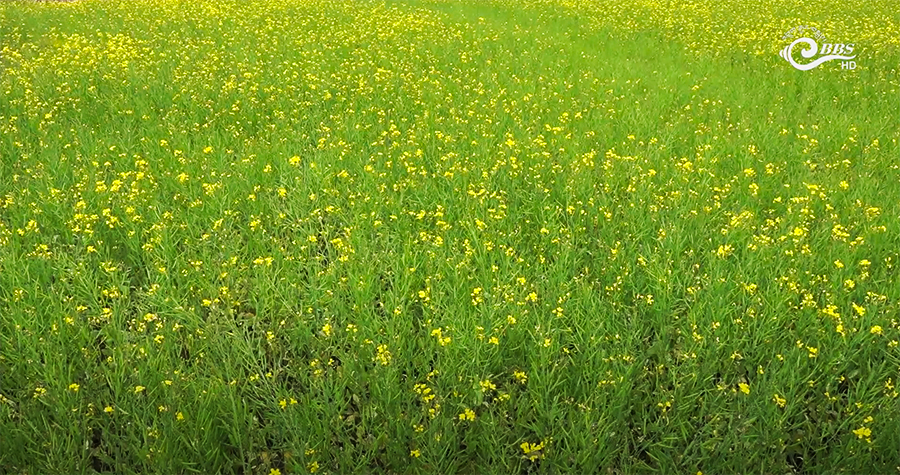 In Punakha, efforts are underway to revive the district’s cooking oil self-sufficiency. The district administration is encouraging people to grow mustard to meet the domestic demand for cooking oil. Officials have supplied mustard seeds worth around one million ngultrum to all the gewogs in the district. The initiative aims to reduce the import of cooking oil, boost economic opportunities and make the district up to 30 per cent self-sufficient in cooking oil.
In Punakha, efforts are underway to revive the district’s cooking oil self-sufficiency. The district administration is encouraging people to grow mustard to meet the domestic demand for cooking oil. Officials have supplied mustard seeds worth around one million ngultrum to all the gewogs in the district. The initiative aims to reduce the import of cooking oil, boost economic opportunities and make the district up to 30 per cent self-sufficient in cooking oil.
 Almost every household in villages throughout Punakha has cultivated mustard on at least one plot of land this year.
Almost every household in villages throughout Punakha has cultivated mustard on at least one plot of land this year.
 In some villages, mustard plants have already matured and are in the ripening stage, while the crop is in the flowering stage in some other villages.
In some villages, mustard plants have already matured and are in the ripening stage, while the crop is in the flowering stage in some other villages.
According to the villagers, the tradition of mass mustard cultivation in winter was once a common practice during their forefathers’ time but it later declined for various reasons.
Over the years, villagers began growing the crop on a small scale only for self-consumption and relied mostly on imported cooking oil.
However, starting this year, the district administration has supplied mustard seeds to farmers through their respective gewog administrations to encourage cooking oil production.
Officials say seeds have been distributed to farmers based on their demand on the condition that the same amount of seeds must be returned to the gewog office after harvest.
For the farmers, they find mustard cultivation easier compared to growing other crops.
The initiative is also to avoid leaving arable land fallow during the dry winter season.
“The price of cooking oil keeps rising in the market. Therefore, we are interested in growing mustard ourselves, especially since we have received seeds from the agriculture office. We can extract mustard oil on our own and won’t have to rely on the market. Earlier, we had to extract the oil manually, but now we use machines. Our only job is to wash and clean the seeds. That’s why I have cultivated mustard on approximately 35 decimals of land this time,” said Dema, a farmer from Tsephu-Khawakha, Toewang Gewog.
“If we can produce a good quantity of cooking oil from mustard seeds, we won’t have to spend money on buying oil from the market. This will not only provide us with sufficient oil but also help generate a good income. I hope to cultivate more next year if our plants are not affected by diseases this time,” said Pem, a farmer from Bjibjo-Uesarkha, Toewang Gewog.
“Since I faced some challenges during the seed-sowing period, I could not cultivate mustard on more than three terrains of paddy field. Yet, I expect to harvest enough to provide adequate cooking oil for the year, and I will only need to buy some for the annual ritual ceremony. I hope to cultivate more next year if everything goes well. Mustard requires minimal effort,” said Drali, a farmer from Tsephu-Khawakha, Toewang Gewog.
“We finish around three bottles, each measuring five litres, of cooking oil in a month. We pay around Nu 500 per 5-litre bottle. So, we will be able to save that money if we produce oil by ourselves. We would like to thank the government,” said Namgay Buthri, a farmer from Tsephu-Khawakha, Toewang Gewog.
 Farmers say unlike other crops, growing mustard is more lucrative. It can be consumed as soon as the leaves start sprouting. After the plant matures, the byproduct following oil extraction can be fed to cattle. Even the straws can be used as fodder for cattle.
Farmers say unlike other crops, growing mustard is more lucrative. It can be consumed as soon as the leaves start sprouting. After the plant matures, the byproduct following oil extraction can be fed to cattle. Even the straws can be used as fodder for cattle.
This year, villagers across 11 gewogs in the district cultivated mustard on more than 420 acres of land. They plan to expand the cultivation to 800 acres next year if the district administration receives support from the government.
The district administration also plans to provide oil-extracting machines to the farmers and offer additional support in bottling and marketing oil.
According to officers from the district administration, there are plans to provide oil-extracting machines to farmers. They also say that they plan to offer additional support, such as bottling and marketing the oil.
Changa Dorji, Punakha
Edited by Phub Gyem








